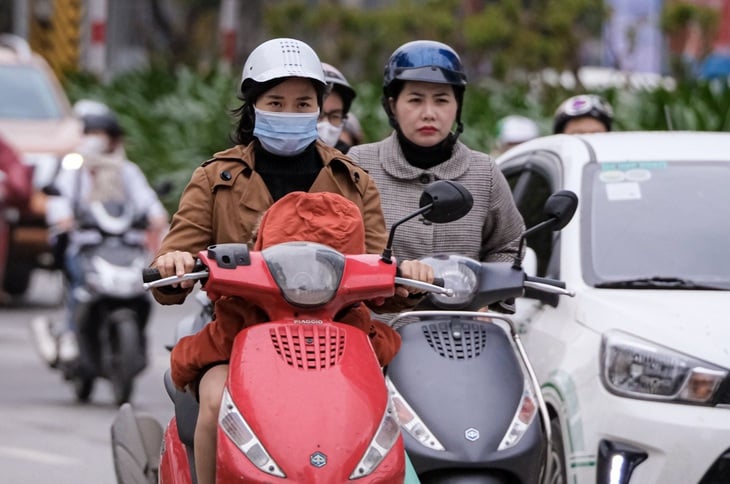
With the weather turning colder, experts advise staying warm when going outside - Illustration photo: NAM TRAN
Facial nerve paralysis (cranial nerve VII) in cold weather.
According to information from the Cam Khe Regional Health Center (Phu Tho province), in just two days since the weather started to turn cold, six cases of peripheral facial paralysis have been recorded. Patients were admitted with symptoms such as a crooked mouth, inability to close the eyes completely, difficulty speaking, and difficulty drinking.
Mr. Pham Vu Ly (67 years old, residing in Hung Viet commune) recounted waking up one morning to find his face askew, difficulty speaking, and his left eye unable to close completely. Worried, he went to the hospital for examination and was diagnosed with facial nerve paralysis (cranial nerve VII).
According to Dr. Pham Anh Hung, head of the Traditional Medicine and Rehabilitation Department of the center, this condition often increases sharply during transitional seasons, especially when temperatures change suddenly, humidity is high, and cold winds blow strongly. The main cause is exposure to cold in the facial area, causing inflammation and swelling of the 7th cranial nerve, leading to loss of facial muscle control.
"People with weak immune systems, those who stay up late, drink alcohol, work outdoors, or take late-night showers in cold weather are at high risk of contracting this disease," Dr. Hung said.
At the center, patients are treated with acupuncture, massage, and physiotherapy to restore facial muscle movement. However, the effectiveness of treatment largely depends on the timing of diagnosis. If treatment is delayed or inappropriate folk remedies are used without medical supervision, it can cause nerve degeneration, making recovery very difficult.
Doctor Hung advises people to keep their bodies warm, especially their heads, necks, and faces, when going out in cold weather. Wear a mask, scarf, and hat to avoid direct wind on your face, especially when sleeping. Avoid bathing late at night and do not let your body get cold after drinking alcohol.
Maintain a healthy diet and exercise regularly to boost your immune system. If you experience symptoms such as facial asymmetry, inability to close your eyes completely, or spilling water while drinking, seek medical attention promptly for timely diagnosis and treatment.
Be aware of the risk of stroke.
Besides causing peripheral facial paralysis, cold weather is also an "enemy" of the cardiovascular system. Recently, Dr. Doan Du Manh, a member of the Vietnam Vascular Disease Association, reported receiving a 74-year-old patient in Hanoi who suffered a cerebral hemorrhage due to hypertension. Fortunately, the patient received timely emergency treatment and did not suffer any serious sequelae.
According to Dr. Manh, on the morning of October 26th, the patient woke up early to go to the market as usual. While she was choosing vegetables, an acquaintance noticed that her face was distorted and asymmetrical, and advised her to see a doctor immediately. The CT scan revealed brain hemorrhage and edema, caused by a sudden increase in blood pressure of nearly 200 mmHg.
"If patients are careless and go home to rest before going to the hospital, the consequences can be very serious," Dr. Manh emphasized.
According to experts, cold weather causes blood pressure to rise due to peripheral vasoconstriction and increased secretion of vasoconstrictive hormones. Sudden temperature changes, especially in the early morning and at night, can easily cause rupture of blood vessels in the brain or blockage by blood clots, leading to stroke or myocardial infarction.
High-risk groups include people with hypertension, diabetes, cardiovascular disease, and dyslipidemia. Other risk factors include the elderly, those who stay up late, and those who exercise too early in the cold weather.
To prevent strokes during cold weather, Dr. Manh advises the elderly not to go outside too early in the morning, especially when temperatures are low. Dress warmly, especially around the neck, chest, arms, and legs, and drink a glass of warm water before going outside to help improve blood circulation. Eat a light breakfast to stabilize blood sugar and avoid going out on an empty stomach in cold weather.
In particular, pay attention to measuring your blood pressure regularly and taking medication as directed by your doctor. Have regular health checkups to screen for cardiovascular and stroke risks.
Both peripheral facial paralysis and stroke share the common characteristic of sudden onset and the potential for severe sequelae if not treated promptly. Therefore, people need to raise awareness of disease prevention, focus on keeping warm, maintain a balanced lifestyle, and closely monitor any unusual changes in their bodies.
Source: https://tuoitre.vn/thoi-tiet-chuyen-lanh-can-trong-liet-day-than-kinh-so-7-dot-quy-20251027210314272.htm








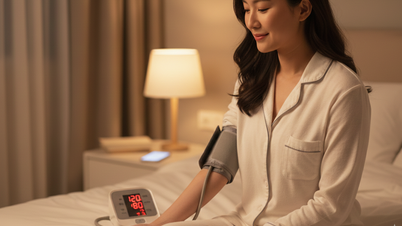



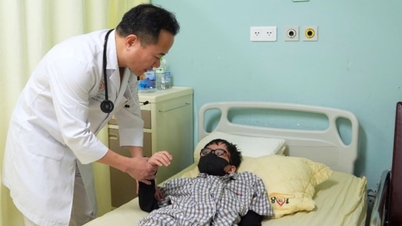


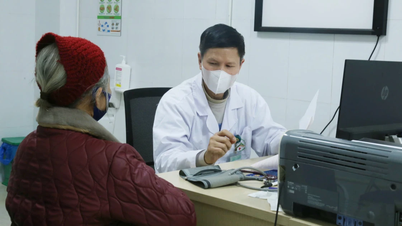



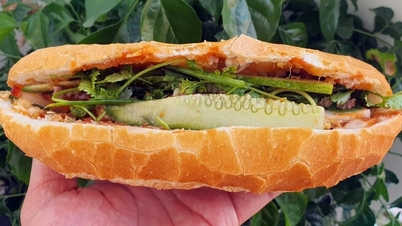
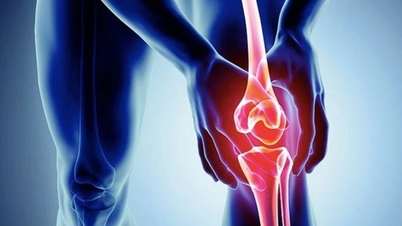
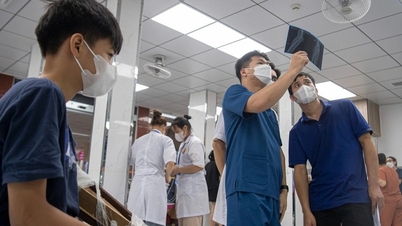
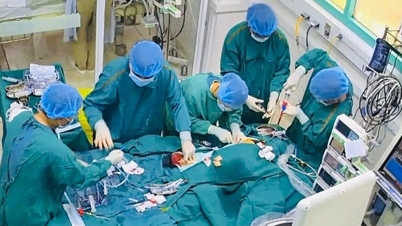










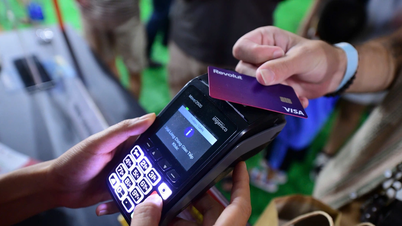



















































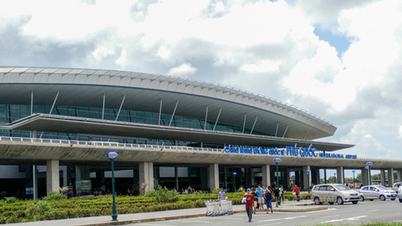























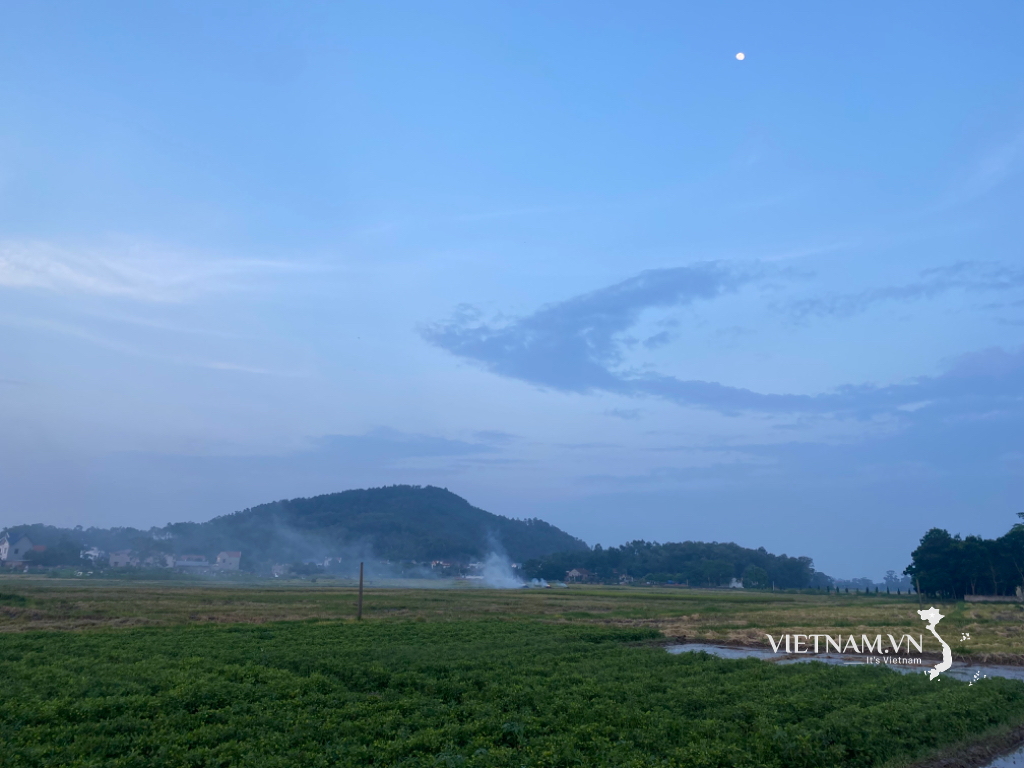
Comment (0)